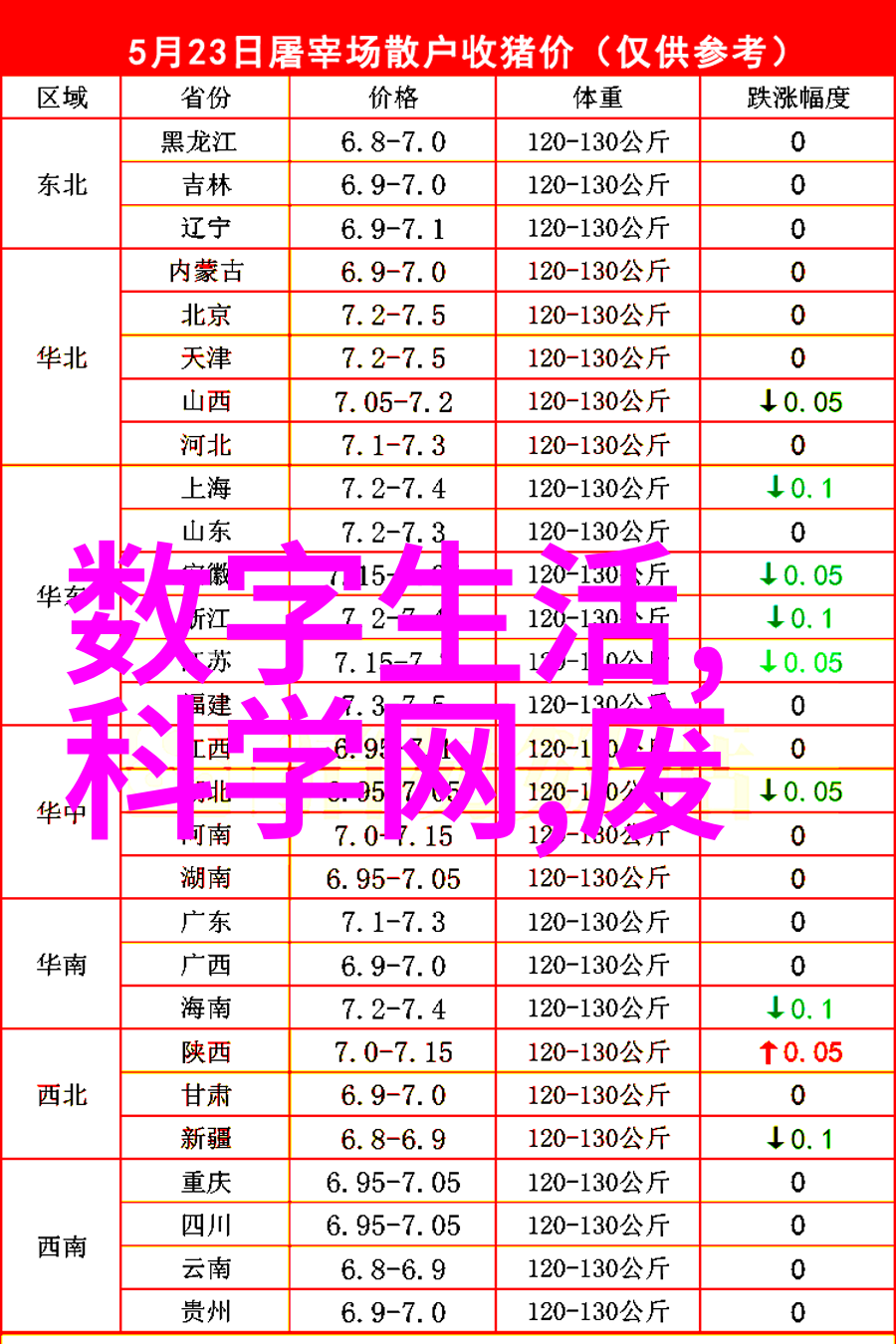电流深渊自动化之谜
电流深渊:自动化之谜

在一个科技日新月异的时代,人类对自动化的追求已经渗透到每一个角落。无论是工业生产、家庭生活还是日常通勤,自动化都在悄然推进着我们的生活节奏。在这个过程中,电气工程作为基础技术,无疑扮演了不可或缺的角色。
开启智慧之门

首先要理解的是,什么是电气工程及其自动化?简单来说,它就是利用电能和电子技术来设计、开发和维护各种设备和系统。这些设备和系统不仅能够执行复杂的任务,还能够自主调整以适应不同的环境条件,这正是自动化所特有的魅力所在。
智能制造与物联网

随着工业4.0革命的兴起,传统工厂正在逐步向智能制造转变。这意味着机器人、大数据分析以及物联网(IoT)技术将更加普及,从而实现更高效、精确、高质量的生产。通过集成各类传感器与控制系统,我们可以让工厂中的每一台机器都成为信息交换的大脑,每一次加工都是优化后的结果。
然而,这也引发了一系列新的挑战,比如安全问题如何保证?数据隐私如何保护?这便是我们探索“电流深渊”的第一步——寻找解决方案,让智能制造既可靠又安全。

家居 Automation
进入家庭领域,我们看到家用产品越来越多地采用了无线连接和远程控制功能。这使得人们可以轻松调节空调温度、灯光亮度甚至音乐播放列表,从而提升了居住体验。但这样的便利性背后,也隐藏着更多潜在风险,比如网络安全漏洞可能导致个人信息泄露或者家用设备被远程操控。如果不是仔细考虑过这些问题,那么即便是最现代的家居Automation也会沦为威胁。

交通运输革新
再看看交通运输行业,无人驾驶汽车已经从实验室走到了道路上。虽然还未达到完全替代人类司机的地步,但它们代表了未来交通的一种可能性。而为了实现这一目标,不仅需要强大的计算能力,还需要高度精密且可靠的事务处理系统——这恰恰属于电子工程领域的问题范围内。
当然,这些创新带来的好处显而易见:减少事故发生率、提高乘车效率等。但同时,也伴随着伦理道德上的困惑,如失业问题如何解决,以及算法是否足够公平?
总结:
"Electricity Deep: The Enigma of Automation"
"Unlocking Intelligence"
"Smart Manufacturing & IoT"
"Home Automation's Shadows"
"Transportation Revolution"
In this era of rapid technological advancements, the pursuit of automation has permeated every aspect of our lives. From industrial production to daily routines, automation is quietly driving our pace of life forward. At the heart of this progress lies electrical engineering and its automation.
To begin with, let us define what electrical engineering and its automation entails. It is essentially the use of electricity and electronic technology to design, develop, and maintain various devices and systems. These devices not only execute complex tasks but also adapt autonomously to different environmental conditions – a characteristic unique to automation.
With the advent of Industry 4.0 revolution, traditional factories are gradually transitioning towards smart manufacturing – a process that emphasizes machines' ability to communicate with each other through sensors and control systems for higher efficiency in production quality.
However, this transition also raises concerns about security risks such as data breaches or unauthorized access via IoT connections in smart homes or factories; privacy protection becomes an essential issue at stake.
On another front within home domains we see more products integrating wireless connectivity for remote control functionality enhancing living experiences but posing potential threats like network vulnerabilities leading to personal information leakage or device manipulation if not carefully considered by their creators.
Lastly consider transportation where self-driving cars have moved from laboratories onto roads showcasing future possibilities yet demanding high computational power along with reliable transaction processing capabilities which fall under electronic engineering's purview.
While these innovations bring numerous benefits including reduced accident rates & improved travel efficiency they raise ethical dilemmas such as unemployment challenges & algorithmic fairness issues that need addressing before their widespread adoption can be fully realized.



